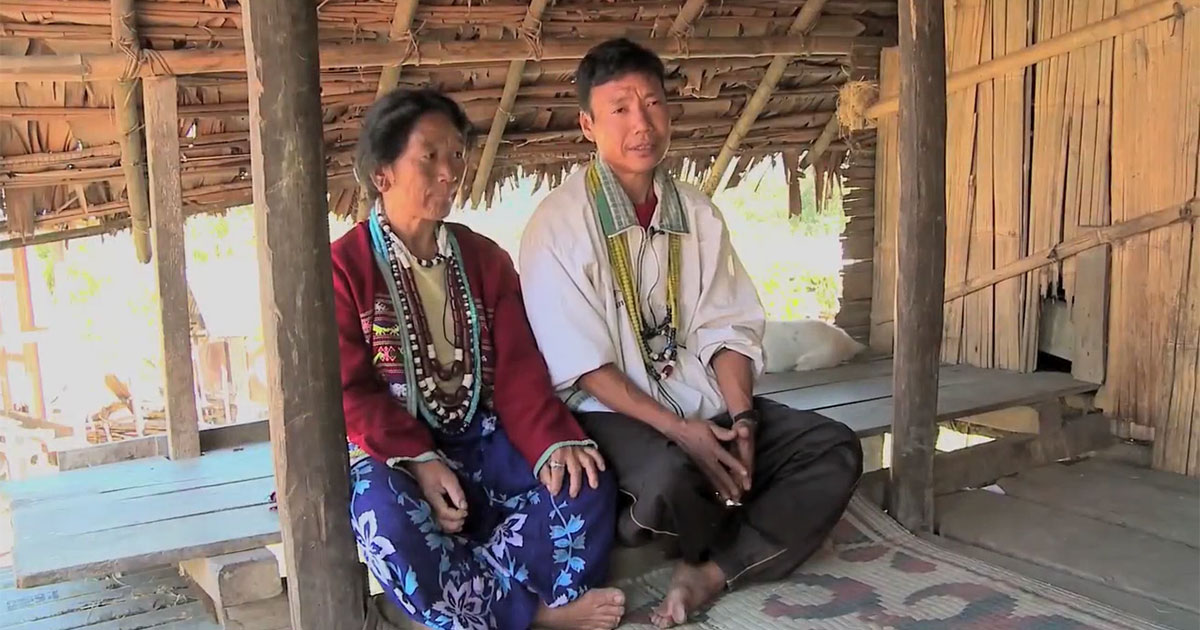


— Anthony Degio, Koro speaker, Arunachal Pradesh, India
The Koro tribal people live in Arunachal Pradesh state located in the northeast corner of India, cultivating rice, growing oranges, fishing, and hunting. Until recently, their Tibeto-Burman language, with an estimated eight hundred to one thousand speakers, was a “hidden” language, not acknowledged in the scientific literature or by local and national political structures. Recent fieldwork by the Enduring Voices Project at National Geographic establishes Koro as a distinct tongue. Their elders can still tell original myths, recount stories about hunting, and sing songs in Koro. They build elaborate “spirit houses” out of bamboo, where they make offerings to ensure a good harvest. Koro vocabulary reflects their rich material culture and the local biodiversity, including names for local fish, plants, and other species that are used for nutrition and medicines.

Festival Participants:
Khandu Degio, basket maker, spirit house maker
Ramda Degio, basket maker, spirit house maker
Sorsomi Degio, weaver
Sange Mijew, basket maker, spirit house maker
Bhokta Newar, basket maker, spirit house maker

Koro speaker Yadjik Jaboju threshes rice in Arunachal Pradesh, India. Photo by Jeremy Fahringer, courtesy National Geographic Society’s Enduring Voices Project

